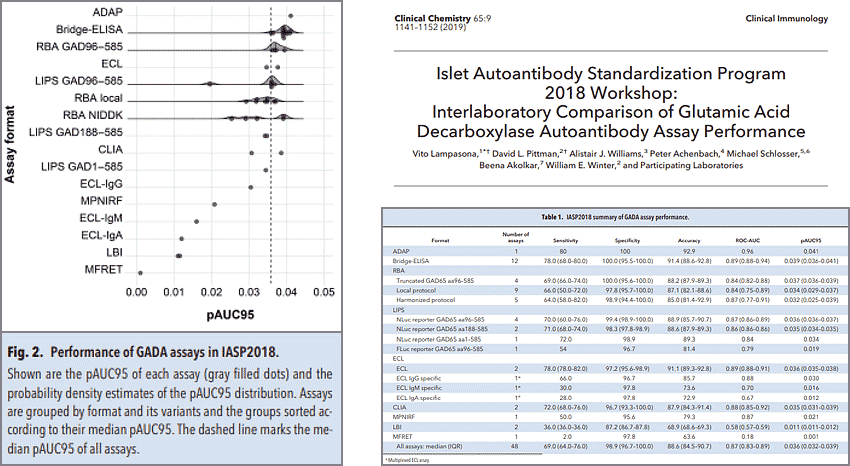Medi-stats health portal facilitates historic landmark mass screening programme for Early Stage Type 1 Diabetes (T1D) autoantibodies
Improving lives, today and tomorrow
JDRF is the world’s biggest nonprofit funder of type 1 diabetes (T1D) research. Their focus is on finding a cure; until they do, the advancements they are making every day ease the burden of those living with the disease.
Until now, T1D symptoms and a diagnosis often come out of the blue. Today, families can use testing to detect T1D early so they can plan and prepare. With one blood test, anyone at any age can find out—before symptoms even occur—if they are at risk for developing T1D. The test is easy, simple and can help save lives.
A Big Step Toward Prevention
Being diagnosed with T1D means a lifetime of dependence on insulin and careful management to avoid dangerous blood-sugar highs and lows. JDRF has been working for decades to prevent and cure this disease, and making this blood test available to everyone is a promising step towards that.
Because T1D starts long before insulin dependency, families will be able to prepare, develop a plan for further monitoring with their doctor and hopefully avoid serious and sometimes life-threatening conditions, such as diabetic ketoacidosis (DKA), along with possible hospitalization that can be more common at the onset of the disease. And that’s not all. JDRF-funded research is closer than ever to developing therapies that can intervene and disrupt the disease’s progress before insulin dependency even begins.
Type 1 Diabetes (T1D)
Type 1 diabetes is an autoimmune disease that causes the insulin producing beta cells in the pancreas to be destroyed, leading to a chronic and challenging-to-manage disease. With 40,000 new cases annually, T1D affects more than 1.25 million Americans, with peak diagnosis in children between the ages of 2 and 17. Up to 40 percent of new cases are diagnosed with potentially life-threatening conditions such as diabetic ketoacidosis (DKA). Autoantibody markers appear well in advance of symptoms, and pilot studies have shown that screening for these markers can reduce the rates of often-deadly diabetic ketoacidosis at diagnosis, reduce medical complications and potentially improve patients’ quality of life.
The solution
Ultra-sensitive and low-cost assays reduce the incidence rate of DKA and can contribute to finding a cure.
The Medi-stats portal supports access to Enable Biosciences’s ADAP assay for T1D rated among the top performing assays in the world, as presented at the Immunology of Diabetes Society (IDS) Congress in 2018.
Automated, high throughput population screening with the award winning ADAP assay, made possible by the Enable Biosciences/Hamilton Robotics partnership and the Enable ADAP Star platform
ADAP assay tops sensitivity, specificity and accuracy for detecting the early markers of T1D
Medi-stats partner, Enable Biosciences T1D ADAP autoantibody detection panel, has been judged as amongst the worlds top-performing assay technologies for detecting the most important markers of T1D in independent studies, including those conducted by the impartial Immunology of Diabetes Society and in extensive collaborative studies at world-leading academic hospitals over the past 4 years.
ADAP is the only T1D autoantibody testing technology that has been shown to deliver concordant matching results for both regular blood draws and mailed-in dried blood spots. Enable Biosciences ADAP testing is validated under both Federal CLIA and California state regulations for clinical diagnosis of T1D.





